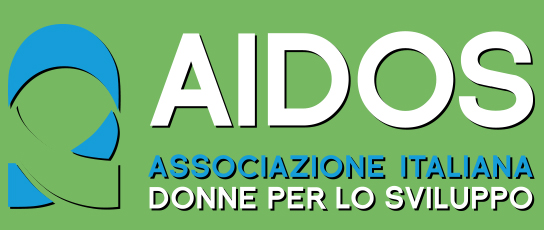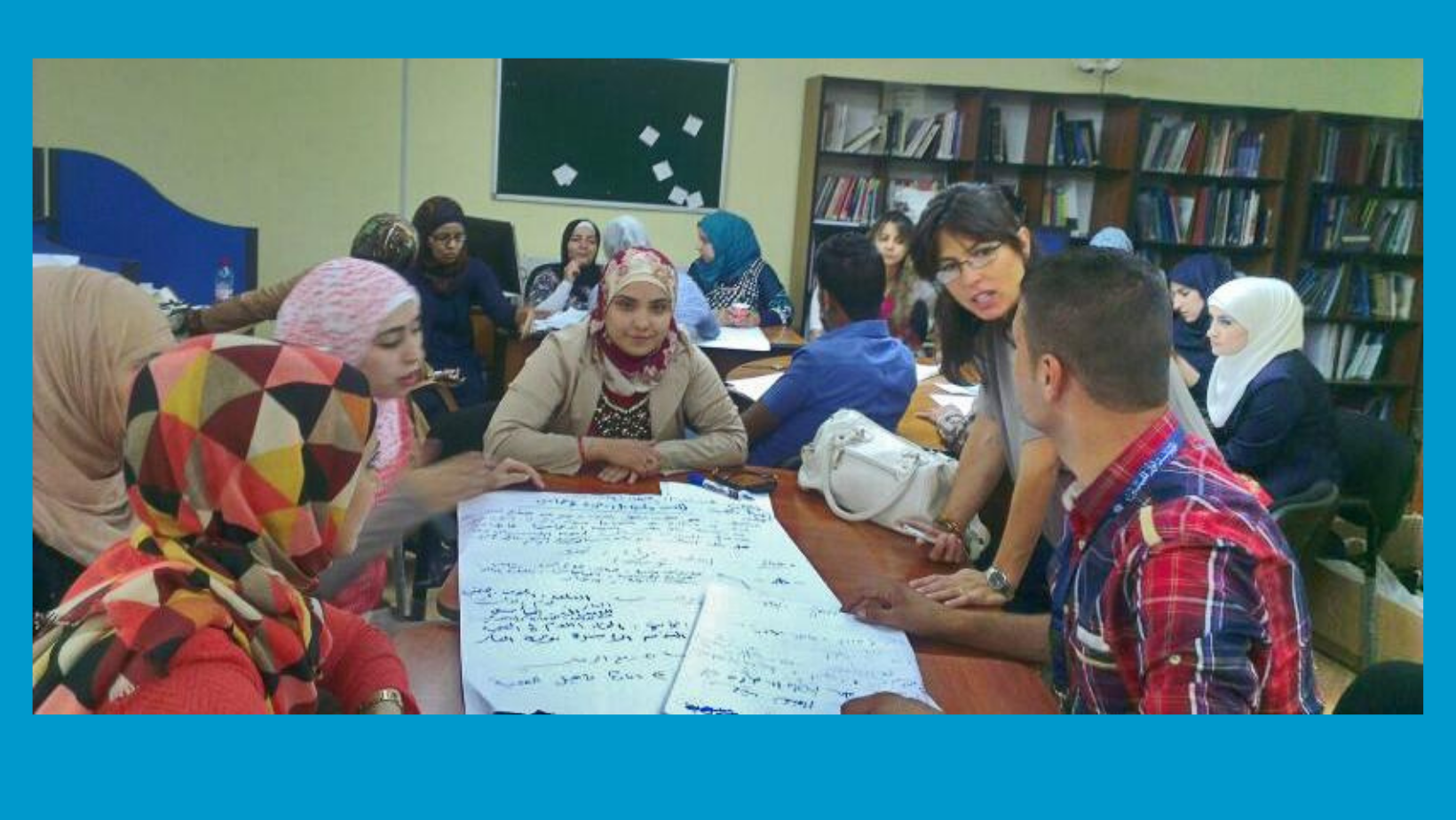2019 – 2020 – Sexual and reproductive health and rights/Capacity Building
WHERE
JORDAN – The project will take place in two cities: Amman (Sweileh) and Zarqa
PARTNER
Noor al Hussein Foundation (NHF) / Institute for Family Health (IFH); Medici per la Pace (MpP)
BACKGROUND
According to UNHCR, up to January 13th 2019, in the country there are 671.551 Syrian refugees registered and 1.25 million unregistered Syrians. A small percentage lives in the reception camps, while most live in urban, peri-urban and rural areas.
The governorates of Amman and Zarqa host nearly 50% of Syrian refugees. According to an estimate provided by the Higher Council for the Rights of Persons with Disabilities, between 11% and 15% of the Jordanian population suffers from some type of disability. Among the refugee population the incidence of disability rises up to 22%.
Disabled women and refugees face particular difficulties due to the intersection of gender, disability and displacement. It’s really hard for Syrian refugees to have access to essential health services, also because many people live in isolated places where there aren’t any health facilities.
A measure adopted in February 2018 abolished the subsidized health services for Syrians who live in Jordan, so today they have to pay 80% of the “foreign tariff”.
GOALS
General goal: improving the quality and the accessibility to satisfactory assistance services for the Jordanian and refugee disabled population.
Specific goal: improving the health conditions of the disabled Jordanian and refugee population of the governorates of Amman and Zarqa.
BENEFICIARIES
Direct beneficiaries: Syrian and Jordanian refugees with disabilities from the Zarqa governorate and the Sweileh area of Amman; caregivers of family members with disabilities, they will strengthen their ability to improve the quality of assistance; disability professionals from the two NHF clinics will be trained by experts.
Indirect beneficiaries: 500 families of people with disabilities.
ACTIVITIES
Supply of the tools needed for assistance; offering of particular services for people with disabilities; training; providing more information and awareness to caregivers of people with disabilities; providing technical assistance and training of a staff about the issues of disability and gender-inequality.
The entire project will adopt a gender approach aimed at promoting equal opportunities and positive and sustainable gender relations on which all the activities will be based.
AIDOS ACTIVITIES
AIDOS will be responsible of buying the necessary equipment, of providing technical assistance and staff training; it will be responsible of the training of the staff of the partner organization and it will coordinate the project and the monitoring missions.
RESULTS
About 1.000 Syrian and Jordanian vulnerable refugees with disabilities (50% women and 50% men) will benefit from specialized services and assistive tools; around 75 caregivers of family members with disabilities will improve their ability to cope with disease and stress, to relate with local services, to deal with first aid situations; 11 disability experts from the two NHF clinics will see their skills strengthened in offering integrated services for people with disabilities.
After the end of the project, the centers involved will continue to provide rehabilitation services to all vulnerable groups.
DURATION
12 months (July 10th 2019 – June 10th 2020).
COST OF THE PROJECT
€ 449,966
WHO IS FINANCING THE PROJECT
AICS – Agenzia Italiana per la Cooperazione allo Sviluppo (€ 449.966,40);
AIDOS (€ 7,650);
NHF (€ 4.800).
Status of the project: ongoing

